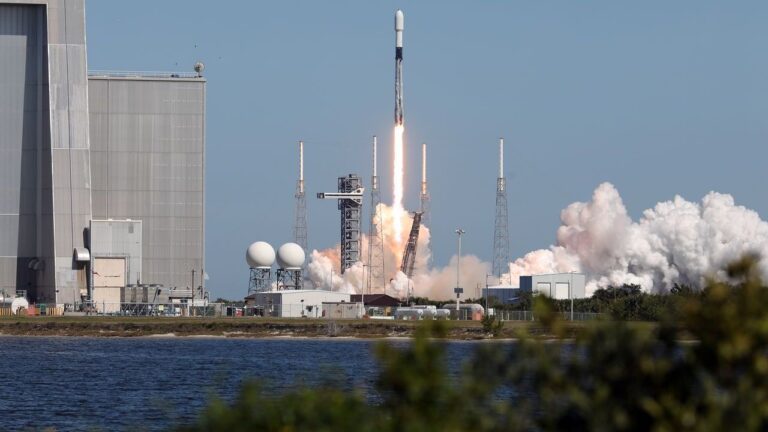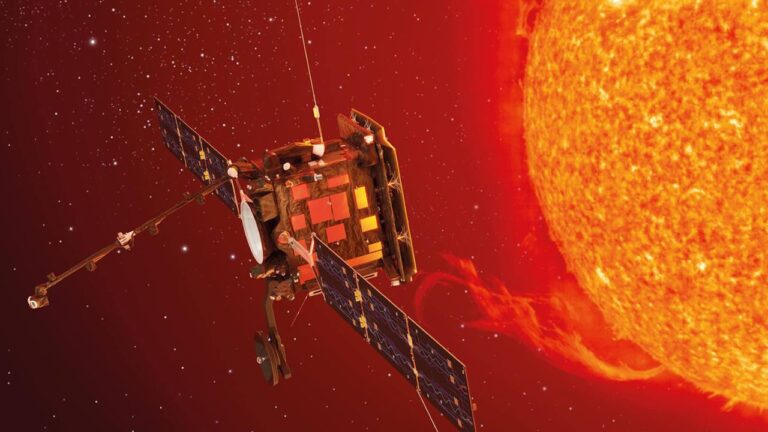
The Indian Space Research Organisation (ISRO) announced that the fourth edition of its PSLV Orbital Experimental Module (POEM-4) safely re-entered Earth’s atmosphere on April 4, 2025, marking another milestone in the agency’s efforts to promote a sustainable and debris-free space environment.
According to an official update posted by ISRO on X (formerly Twitter), the POEM-4 module made its atmospheric re-entry at 02:33 UTC (08:03 IST), impacting the Indian Ocean. The organisation emphasised that this controlled re-entry aligns with ISRO’s Debris Free Space Mission (DFSM), reaffirming its dedication to preventing the accumulation of space debris and ensuring the long-term sustainability of outer space.
POEM-4 was the repurposed upper stage of the PSLV-C60 rocket, which successfully launched the twin Space Docking Experiment (SPADEX) satellites on December 30, 2024. After deploying the satellites at an altitude of 475 km, the PSLV’s upper stage—specially configured as POEM-4—remained in orbit to host scientific experiments.
Subsequently, the module was maneuvered into a lower orbit of approximately 350 km with an inclination of 55.2 degrees. To ensure a safe end-of-mission, ISRO passivated the stage by venting residual fuel, significantly reducing the chances of any unintended explosions or debris creation.
During its operational phase, POEM-4 carried 24 experimental payloads—14 from ISRO and 10 from various non-governmental entities. All payloads functioned as expected and contributed valuable scientific data, ISRO reported.
The orbital decay of POEM-4 was monitored continuously by both ISRO’s radar facilities and the United States Space Command (USSPACECOM). As the module’s orbit decreased to 174 km by 165 km, re-entry was projected for April 4. The final phase of the mission was closely tracked and managed by ISRO’s System for Safe and Sustainable Space Operations Management (IS4OM), which issued regular updates on the re-entry forecast.
This successful de-orbiting and re-entry of POEM-4 underscore ISRO’s growing leadership in responsible space operations and its proactive measures to reduce space debris.






